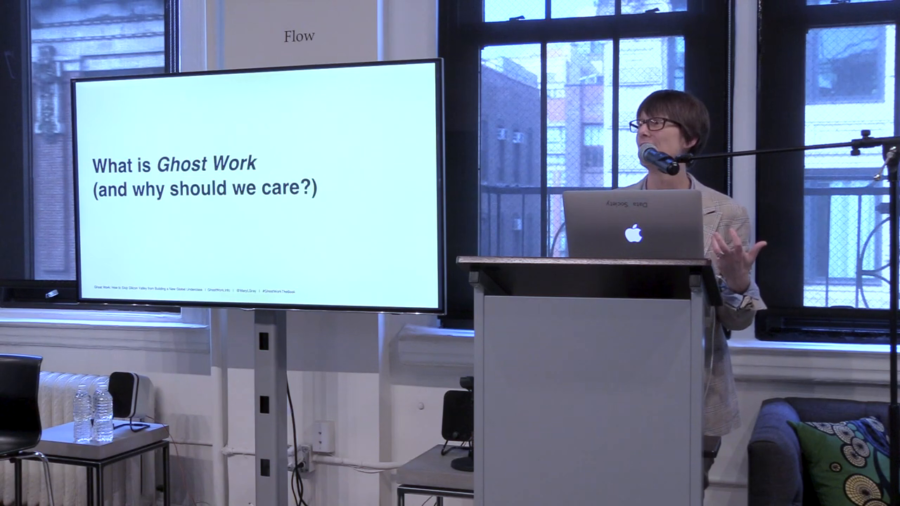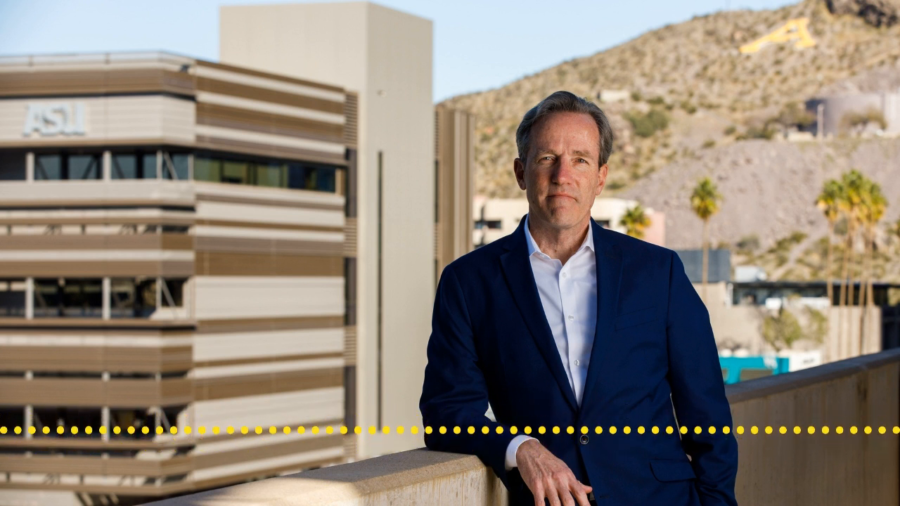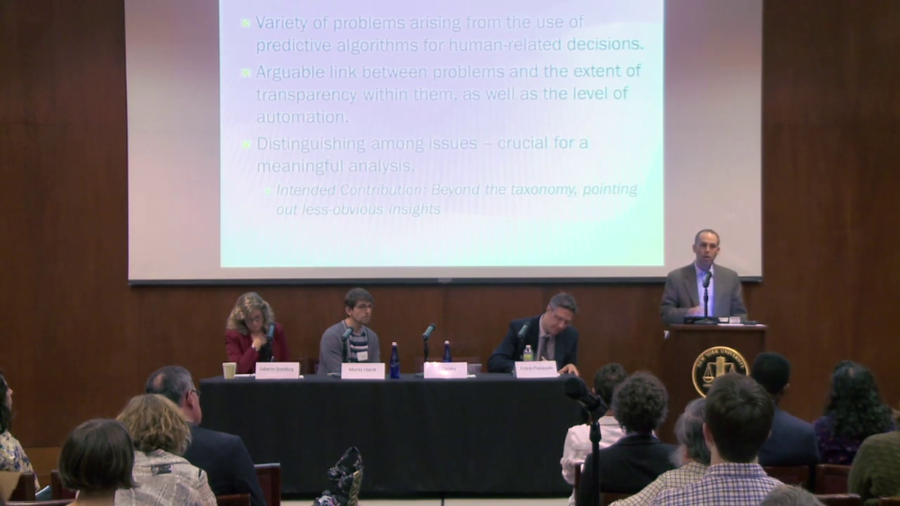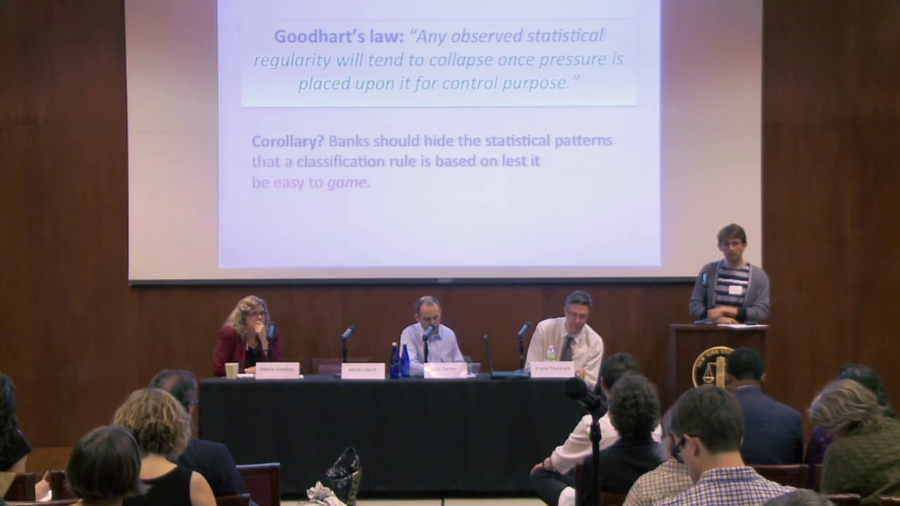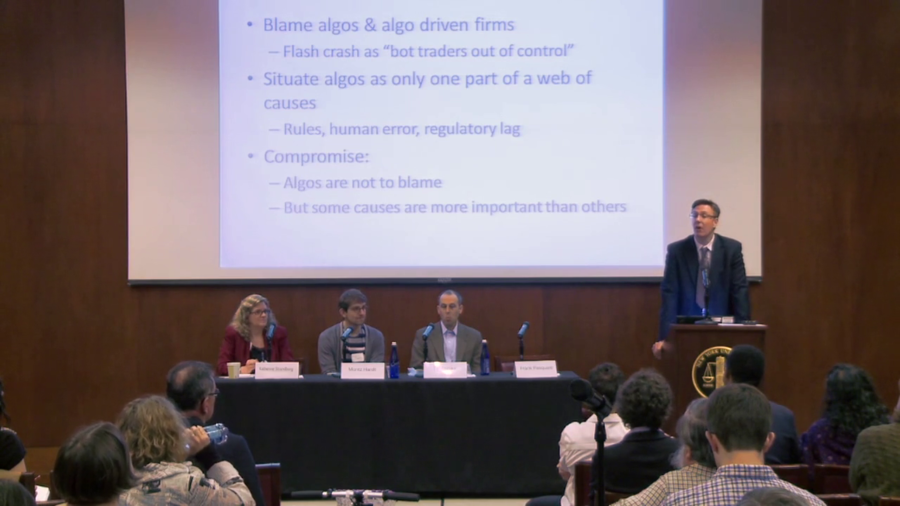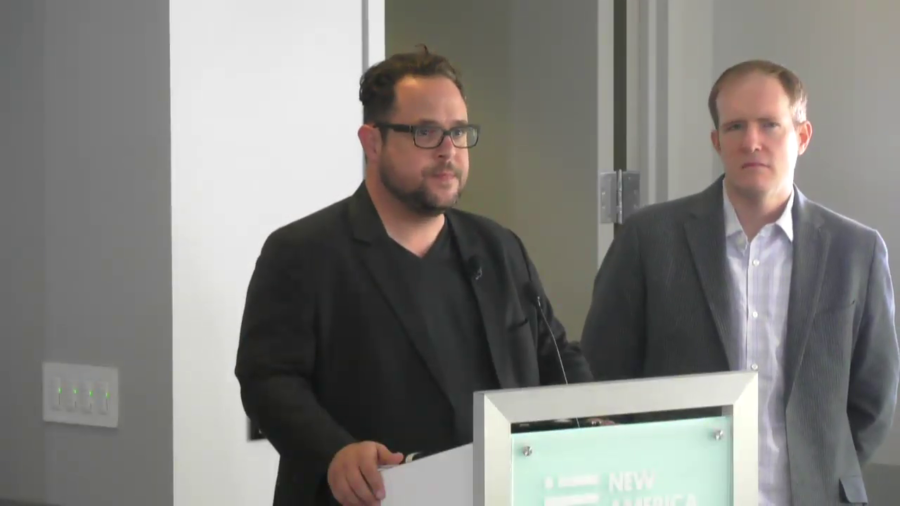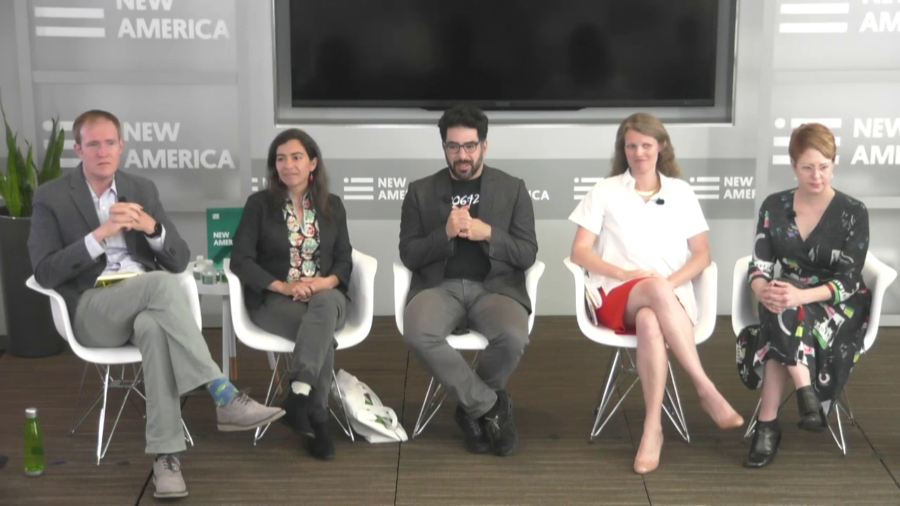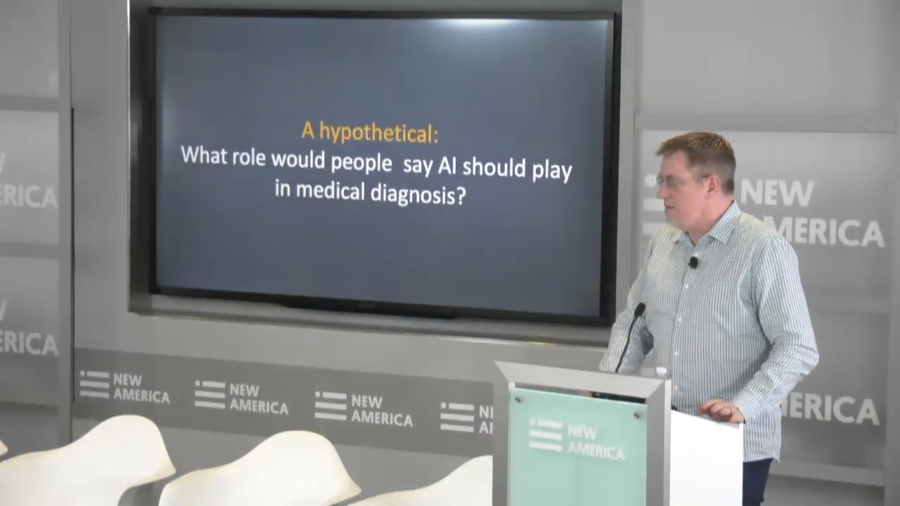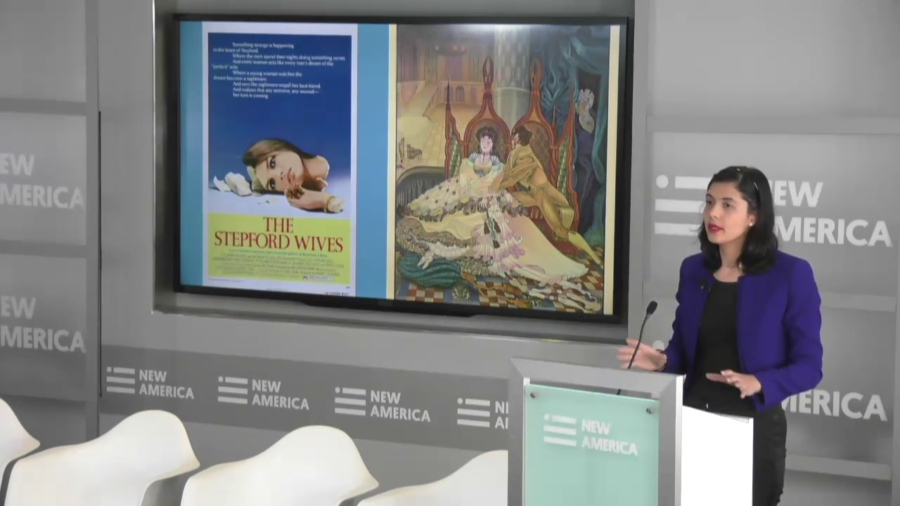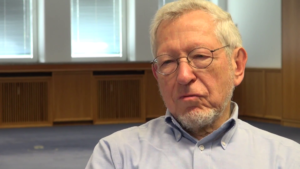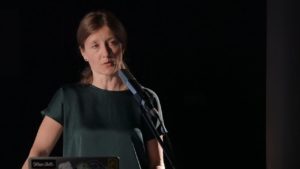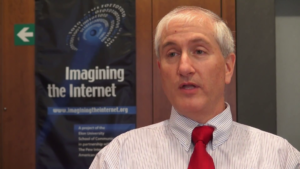I’m just going to say it, I would like to completely blow up employment classification as we know it. I do not think that defining full-time work as the place where you get benefits, and part-time work as the place where you have to fight to get a full-time job, is an appropriate way of addressing this labor market.
2013 Internet Hall of Fame Interviews: George Sadowsky
presented by George Sadowsky
I would hope that ten or twenty years from now we live in a world in which Internet access is taken almost for granted, and that it's conceivable that the Internet—the name "Internet"—will actually fade and we'll just consider it part of the infrastructure that we're used to just like you know, there'll be a plug in the wall for information services over the Internet. Read more →

